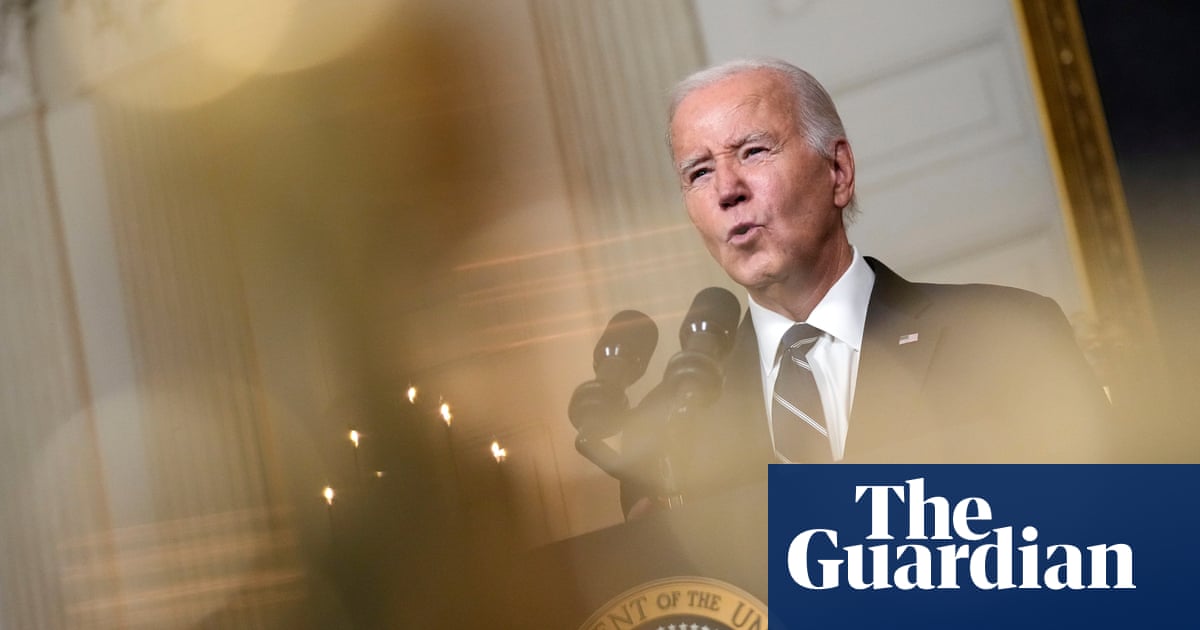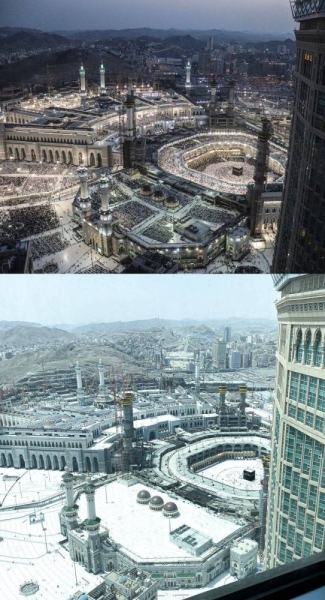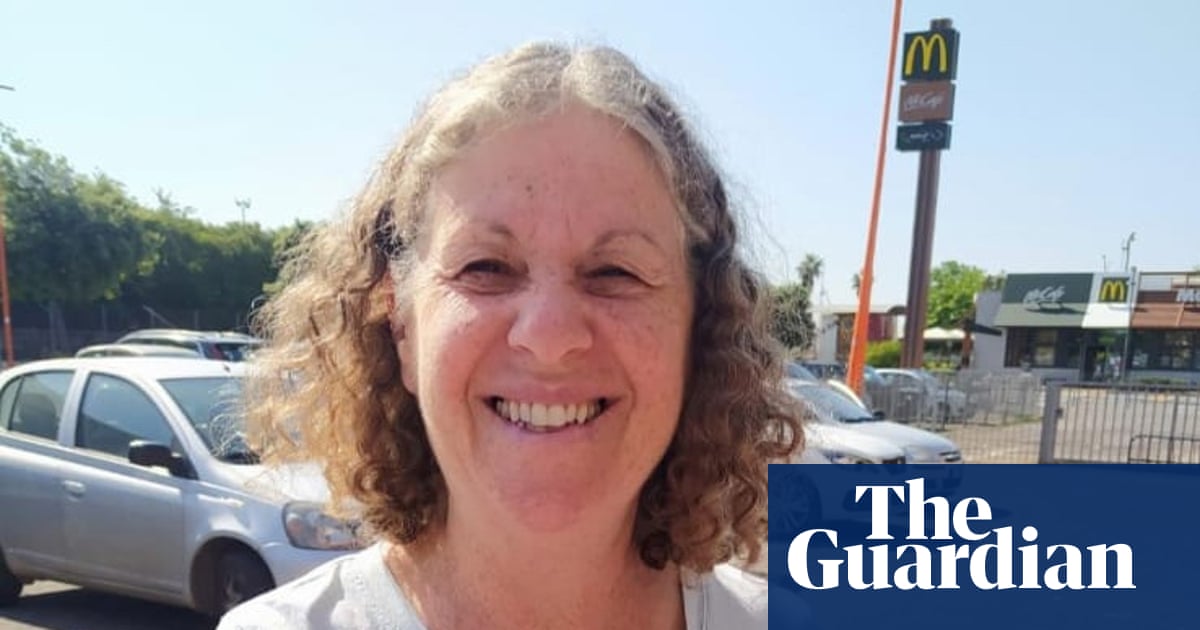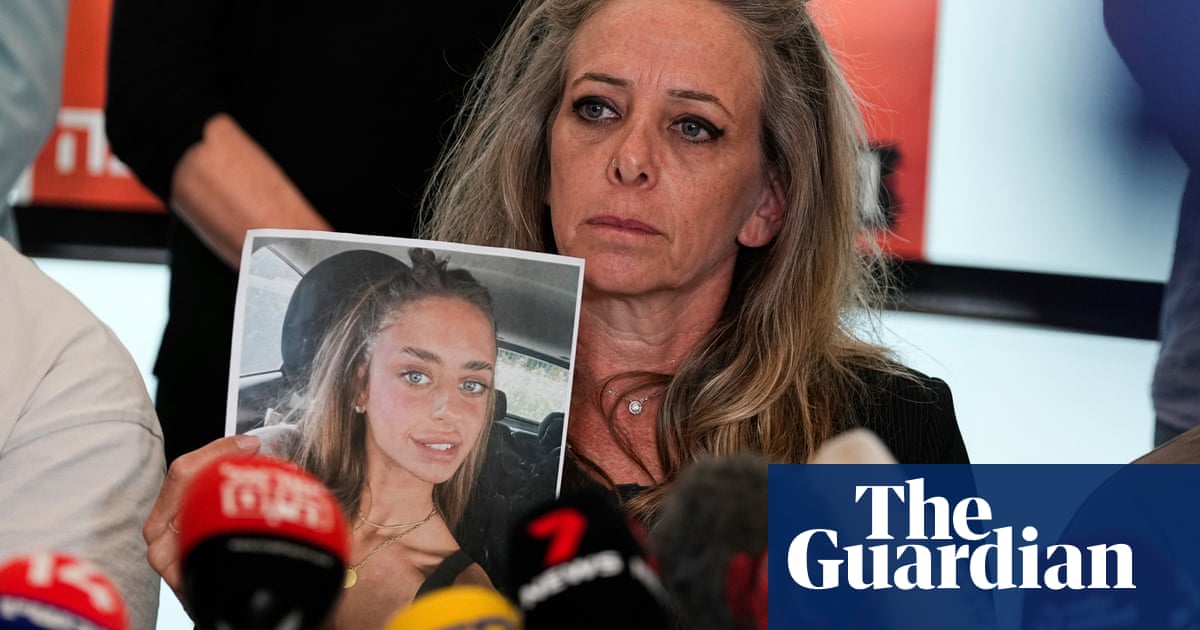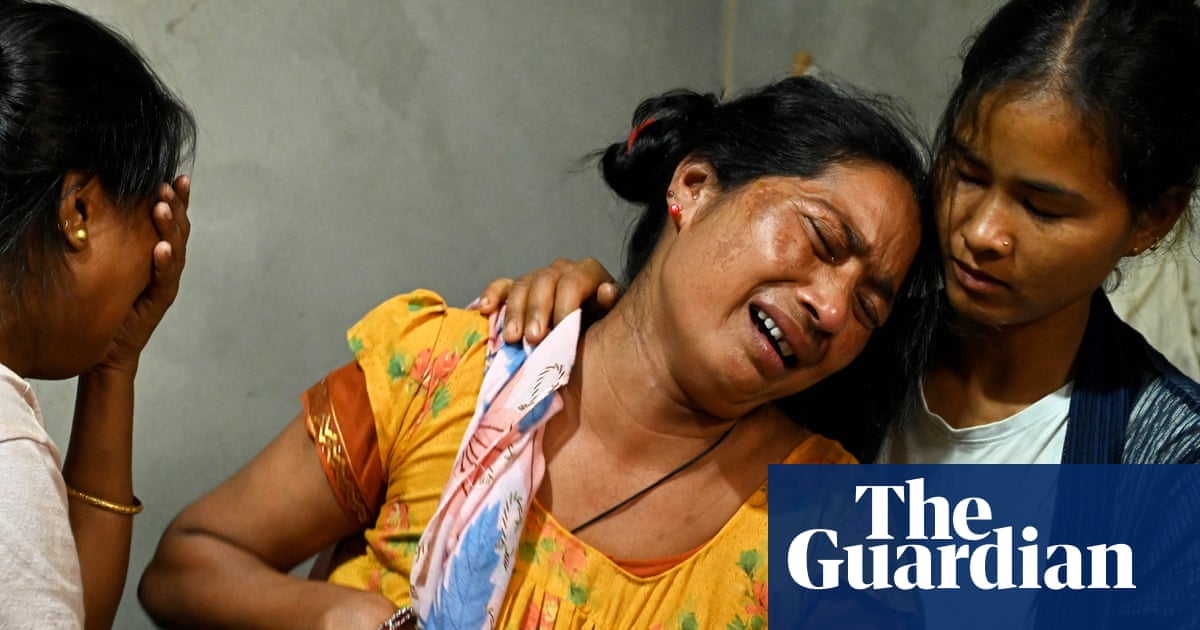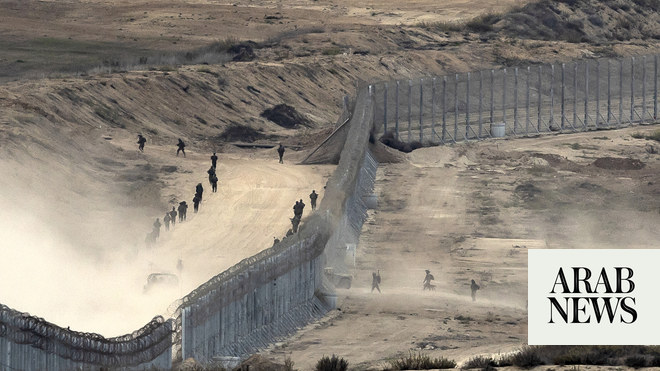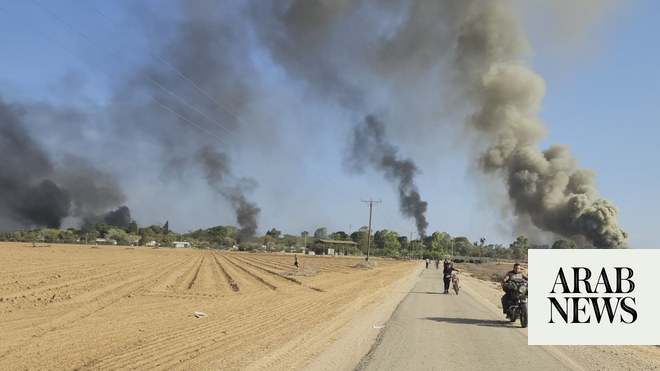
Sharone Lifschitz last heard her father, Oded, play the piano in August last year. On one of their last mornings together, the family gathered at their home in the Nir Oz kibbutz, drinking coffee and listening to records, when Oded played Hallelujah, a song by Israeli musician Yossi Banai.
“My father has a song he plays for me every time and it talks about a man looking at his life and all the losses and gains and looking at his daughter’s eyes,” she said. “He played it to me at that time. It’s just a way of saying I love you.”
It was 45 days later, on 7 October, when Hamas fighters and allied groups unleashed an unprecedented attack on southern Israel.
Approximately 1,200 people were killed in the deadliest day for Jews since the Holocaust and 251 taken hostage, including Lifschitz’s 86-year-old mother Yocheved and 84-year-old father, Oded.
Ahead of the one-year anniversary of the brutal attacks, Lifschitz, a 53-year-old academic and film-maker, spoke to the Guardian from her home in London about the ongoing pain and trauma her family have experienced.
Lifschitz’s mother was released two weeks after being captured but her father remains in captivity – she does not know whether he is alive. “It’s a very different life when you have people you love in harm’s way and you are constantly propelled by the knowledge that they are there,” Lifschitz said. “They are being held hostage and every time you don’t invest in trying to bring them back, it might be undoing their last chance.”
Since her mother’s release, Lifschitz visits Israel every month to lobby the Israeli government and its international allies for the urgent release of her father and the remaining hostages.
During her visits, Lifschitz has remained highly critical of the response by the Israeli government, arguing the prime minister, Benjamin Netanyahu, should have agreed to a hostage deal after the 7 October attacks, and says the recent widening of the conflict in the Middle East is not bringing Israel closer to securing the release of the hostages.
“I did not trust [Netanyahu] from the beginning,” she said. “I think that the right has a way of using trauma, using events like this, as an opportunity. I think Israel had many leverages at the beginning, there was an offer on the table.”
Lifschitz said it breaks her heart to witness the suffering and destruction of Gaza, where Israeli strikes have killed more than 41,000 people – mainly women and children – and displaced almost 2 million people.
She said her parents are committed peace activists in the region, who sought security for both Israelis and Palestinians as advocates of the two-state solution. Before the 7 October attacks, her parents volunteered for a charity that helped Palestinians access medical treatment outside of the Gaza Strip.
Amid the intense concern she has for the condition of her father and the hostages, the academic also described the “disheartening” impact the conflict has had on domestic life in the UK.
The Community Security Trust recorded more than 5,500 antisemitic incidents in the year between 7 October 2023 and 30 September 2024 – three times the number recorded in the UK in the previous year.
Dr Dave Rich, the CST’s director of policy, described the increase as “shameful”. “When the 7 October attack happened we knew immediately that there would be a rise in antisemitism, but the scale and the speed took us by surprise,” he said. “The fact that it began that day showed that this was being driven by anti-Jewish hatred more than anything else.”
Lifschitz added: “People here have very little understanding of what they’re talking about. They’re taking sides like it’s a football match, they want to reduce the problem to good and bad. They forget that there’s humans on both sides.”
Phil Rosenberg, the president of the Board of Deputies of British Jews, said the 7 October attacks brought back “generational trauma” for much of the British Jewish community.
“The kind of things that we read about in terms of the Crusades, in terms of the pogroms, in terms of the Holocaust … Suddenly, we were seeing these things being streamed by jubilant terrorists on GoPros,” he said. “These nightmares of the past coming back.”
Rosenberg said he experienced antisemitic abuse before he began his presidency at the Board of Deputies and criticised individuals who celebrated the heinous 7 October attacks.
“I have people shout ‘Free Palestine’ at me when I’m walking with a kippah. I’d make the point that shouting ‘Free Palestine’ or saying it at a demonstration is absolutely completely legitimate,” he said. “But shouting at a Jewish person is racism.”
For Lifschitz and many British Jewish communities, what remains a priority is the immediate release of the remaining hostages and a process of healing for all. “I have met Palestinians in the last year and when we go beyond the politics, when we go to the point where we acknowledge each other’s pain, I think then we can start talking about politics of compassion,” she said.
One year on from the attacks, Lifschitz still retains hope that her father will return – a new piano awaits his arrival. “We miss him enormously,” she said. “His piano was burned down. We found a new piano, we fixed it.
“It’s ready for him.”




